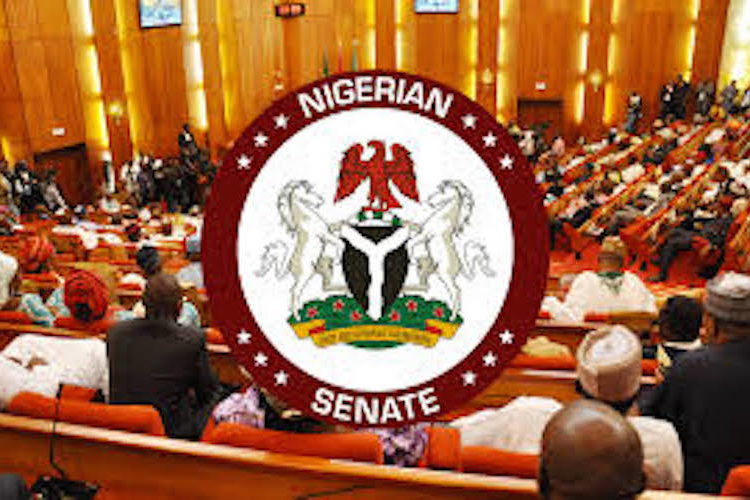A bill seeking to provide for the establishment of the National Student Financial Aid Scheme scaled second reading in the Senate yesterday.
The bill sponsored by Senator Umar Sulieman (APC, Kwara North), seeks to provide a realistic framework for the success of education financing.
Suleiman, in his lead debate on the principles of the bill, said same provides for the management, governance and administration of the scheme.
According to him, the National Student Financial Aid Scheme, upon its establishment, would grant interest free loans and bursaries to eligible students at higher Institutions.
He added that it would also ensure the well-structured administration of such loans and bursaries and their recovery.
He recalled that the Nigeria Students Loan Board which was established in 1982 to help students finance undergraduate and graduate studies within and outside Nigeria, provided loans between 1972 and 1991 totaling N46 million to help students finance their education.
He disclosed that out of the sum, the board faced the problem of recovering outstanding loans of over N40 million, which led to the suspension of the scheme in 1992.
He stated that the Students Loans Boards was replaced in 1993 by the Nigerian Education Bank.
He explained that the Education Bank served as a major intermediary in education credit market financing, and designed to harness private sector resources for funding education.
The lawmaker, noted that the bill to establish the National Students Financial Aid Scheme, also seeks to repeal the existing Nigerian Education Bank.
The bill after consideration was referred by the Senate President, Ahmad Lawan, to the Committee on Tertiary Institutions and TETFUND for further inputs.
Meanwhile, a bill to establish the Federal University of Education (Technical) Bichi, also scaled second reading on Wednesday.
The bill was sponsored by Senator Jibrin Barau (APC, Kano North).
The bill after consideration was also referred by the Senate President to the Committee on Tertiary Institutions and TETFUND.
The committee was given four weeks to report back to the Senate in plenary.





